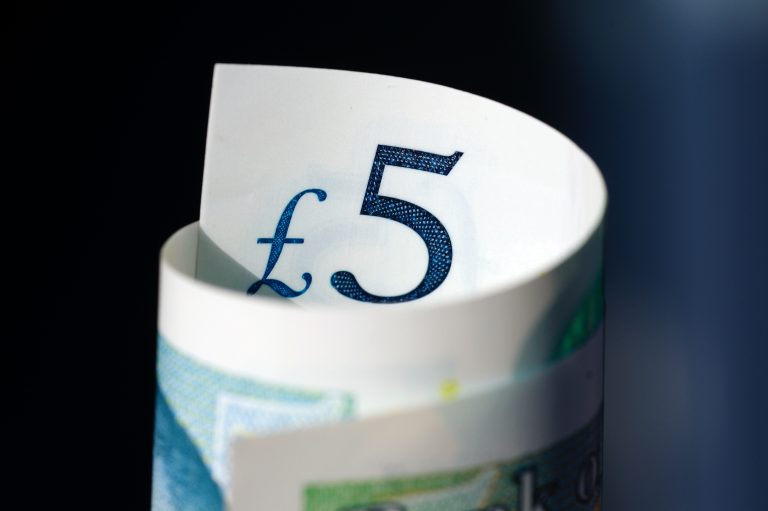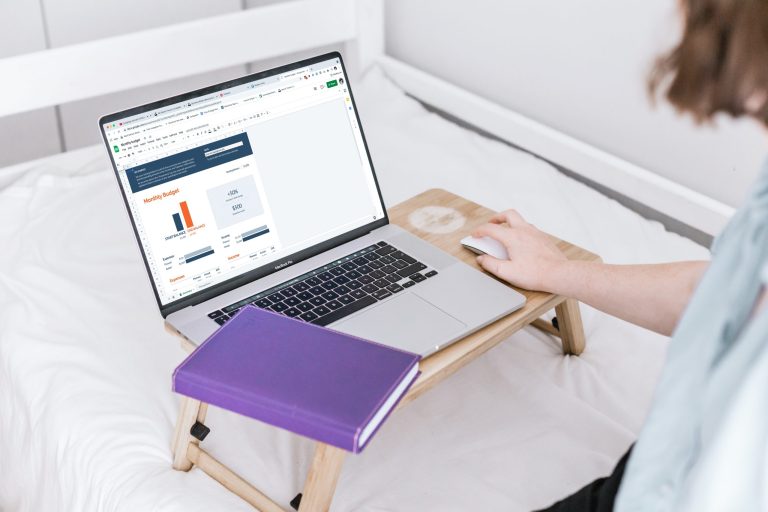Let’s talk about emergency savings

Do you have savings set aside for emergencies? Not sure what you should be saving for or how much you should put away? I’m going to talk through some ideas on what you could be saving for and how much you may need.
Nearly 4 in 10 people found themselves out of pocket last year, with the average cost being £1,420. If you found yourself facing an unexpected bill like this tomorrow, would you be able to cover the cost easily? Its’s hard to know how much to save for unexpected costs, especially as it’s different from having a set goal in mind (like a holiday or car), and because of this it can often be overlooked. Many articles online state that you should have approximately 3 to 6 months of your annual salary or essential expenses saved up, to help you through difficult times such as losing your job. The pandemic made this a reality for many people as 1 in 20 cannot find a job, and the current unemployment rate is 4.8% with over 800,000 people losing their job due to COVID-19.
Below are some common unexpected costs that you could encounter at any time that might be worth saving for.
- Boiler breaking: Anywhere between £80 to £348 according to Local Heroes.
- Car breakdown: If you don’t have cover, it could cost you over £150 for motorway recovery.
- Unexpected bills: According to Lowel the average Brit spends £328 on unexpected bills each year.
Having emergency savings available to you when you need them could prevent any potential stress incurred by received an unexpected bill, as you don’t need to worry about how you’re going to fund it. If you don’t have an emergency savings pot, you may find yourself having to turn to high interest credit options such as credit cards or payday lenders. If you used a credit card to pay for an unexpected cost, you could be paying interest on the amount you borrow. Credit card interest rates are usually around 25.3% according to Money Facts so, if you were looking to apply for a credit card you should look for one that is 25.3% or below to get a better deal. However, by using your own savings you can remove the potential stress of applying for borrowing, and you could also save yourself money in interest.
Keeping your savings separate to your current account could help you to reach and review your financial goals as you can see it building up and know exactly how much money you have in the account. Having the funds separate could also help prevent you from impulse spending as it’s not necessarily as readily available as it is in your current account.
It’s important to try and keep your emergency savings fund topped up so you can withdraw from it when you need it most.
| Subscribe to our monthly “Let’s talk about money” newsletters here! |













